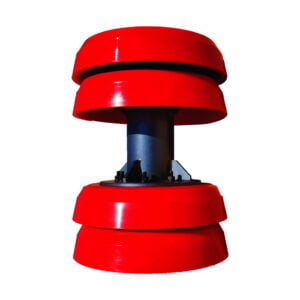
Introduction
Pipeline Cleaning Pigs can remove the water inside the pipeline and reduce the corrosion damage of corrosive substances to the inner wall of the pipeline. You can also redefine the direction of the pipeline. It can also detect pipeline deformation and check the integrity rate of valves along the line. Thus, the pig can reduce the working back pressure.
A pig is a special tool used to clean a pipeline driven by a gas, liquid, or pipeline transport medium. It can carry an electromagnetic launcher and ground-receiving instrument together to form an electronic tracking system. It can also be configured with other supporting accessories to complete a variety of complex pipeline operations.
1. Natural gas pipeline in operation: remove water, light oil, methane hydrate, iron oxide, carbide dust, carbon disulfide, hydrosulfuric acid, and other corrosive substances inside the pipeline; Reduce the corrosion damage of corrosive substances to the inner wall of the pipeline; Re-define the pipeline direction; Detection of pipeline deformation; Check the integrity rate of valves along the line; Reduce working back pressure.
2. Crude oil pipeline in operation: pigging before detection in the pipeline, intermittent operation of low throughput pipeline pigging; The condensate, wax, and scale inside the pipeline can be removed to reduce the oil back pressure, reduce the wear resistance, and reduce the oil temperature.
3. Chemical materials and edible oil pipelines: Clean up the pipeline of cohesive materials; Isolate different pipe transport media to achieve single pipe multi-product transport, and meter pipe transport media.
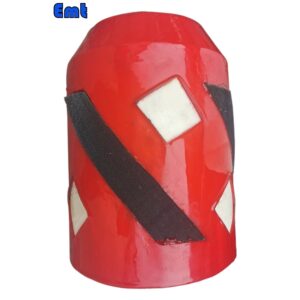
Importance of Gas Pipeline Cleaning
Regular cleaning of gas pipes is essential to prevent clogging, improve energy efficiency, and ensure home safety. By cleaning, potential safety hazards can be avoided, energy costs can be saved. Besides, you can achieve a win-win situation for safety and the economy.
With the wide application of natural gas in domestic and industrial fields, the cleaning of natural gas pipes has attracted increasing attention. Many people may think that natural gas pipes do not need to be cleaned. Regular cleaning of natural gas pipes is of great significance for ensuring household safety and improving energy efficiency.
First, prevent pipeline blockage
During the use of natural gas pipelines, due to the accumulation of impurities and dirt, it is easy to cause pipeline blockage. Once the pipeline is blocked, it will not only affect the normal use of natural gas, but also may lead to safety hazards. Therefore, regular cleaning of natural gas pipelines can effectively prevent pipeline blockage and ensure a smooth supply of natural gas.
Second, improve energy efficiency
A large amount of impurities will accumulate in long-term uncleaned natural gas pipelines, which will reduce the purity of natural gas and affect its combustion efficiency. Regular cleaning of natural gas pipelines can remove these impurities and improve the purity of natural gas, thereby improving combustion efficiency and saving energy costs.
Third, ensure family safety
As a flammable and explosive gas, the safe use of natural gas is of paramount importance. Uncleaned natural gas pipelines may have safety hazards, such as aging pipelines, loose connections, etc. These problems may lead to natural gas leakage, causing safety accidents such as fires or explosions. Therefore, regular cleaning of natural gas pipes can detect and solve these safety hazards in time to ensure household safety.
Regular Pipeline Dredging
First of all, regular pipeline dredging can ensure the smooth transportation of fluid. Dirt and sediment in the pipeline will gradually reduce the inner diameter of the pipeline, increase the resistance of fluid flow and reduce the transportation efficiency. Dredging work can remove these obstacles in time, restore the original design flow capacity of the pipeline, and ensure that the fluid can flow smoothly to meet various transportation needs.
Secondly, regular pipeline dredging can prevent pipeline blockages and failures. Pipeline blockages are one of the common failures in pipeline systems. Once they occur, they will have a serious impact on normal life and production. Dredging work can detect and remove the source of blockages in time to avoid blockages. At the same time, dredging can also find other potential problems in pipelines, such as corrosion, cracks, etc., and repair and replace them in time to avoid more serious failures.
In addition, regular dredging of pipelines also protects the environment. Dirt and sediment in pipelines often contain harmful substances. If they leak into the environment, they will pollute the soil and water quality. Dredging can remove these harmful substances in time and reduce the harm to the environment.
To sum up, regular pipeline dredging is of great significance for ensuring the normal operation of the pipeline system, prolonging the service life, preventing failures, and protecting the environment. Therefore, we should attach great importance to regular pipeline dredging, strengthen management and maintenance, and ensure the safe and reliable operation of the pipeline system.


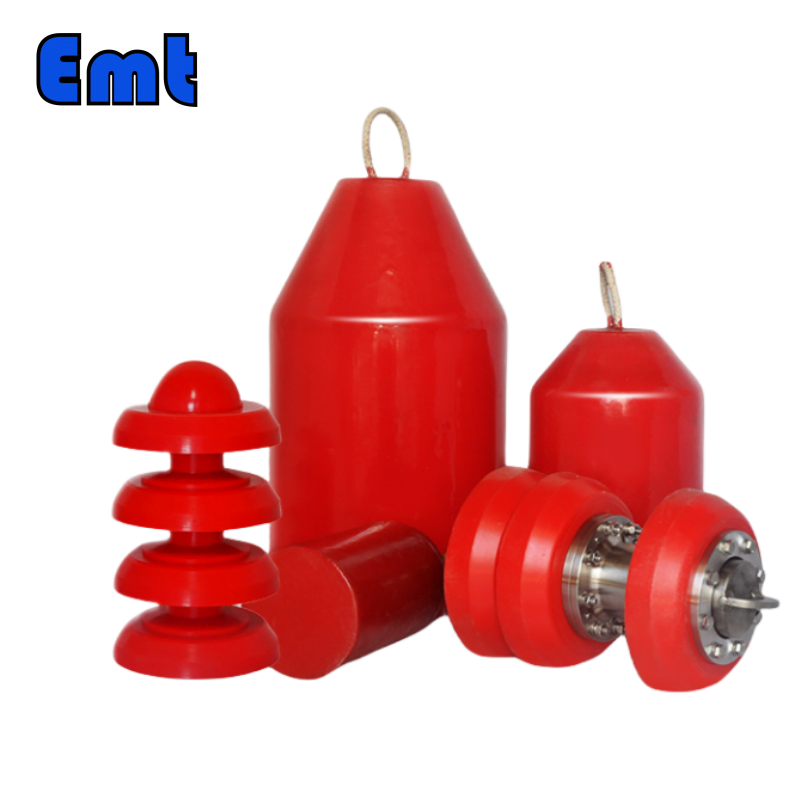
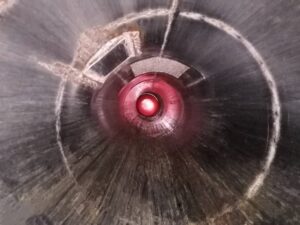
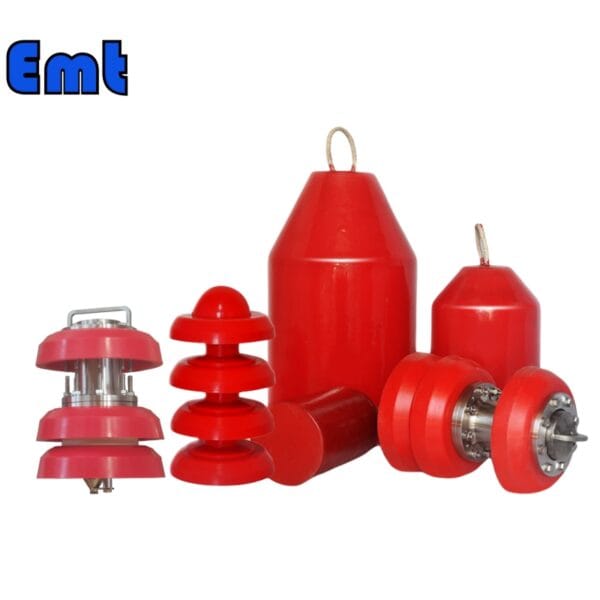

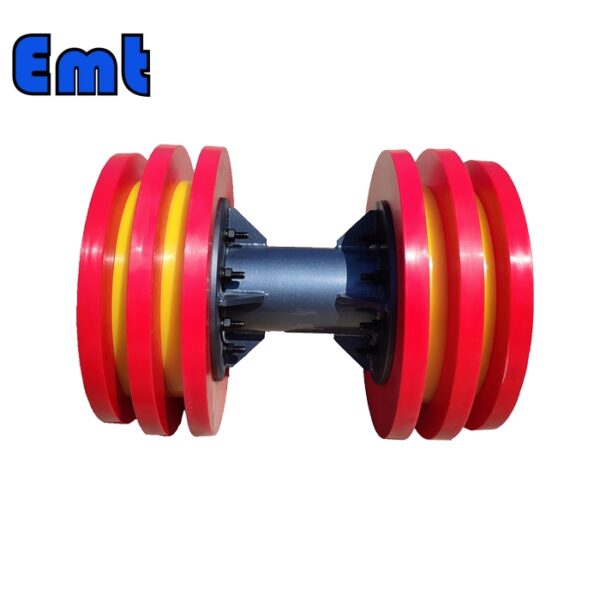
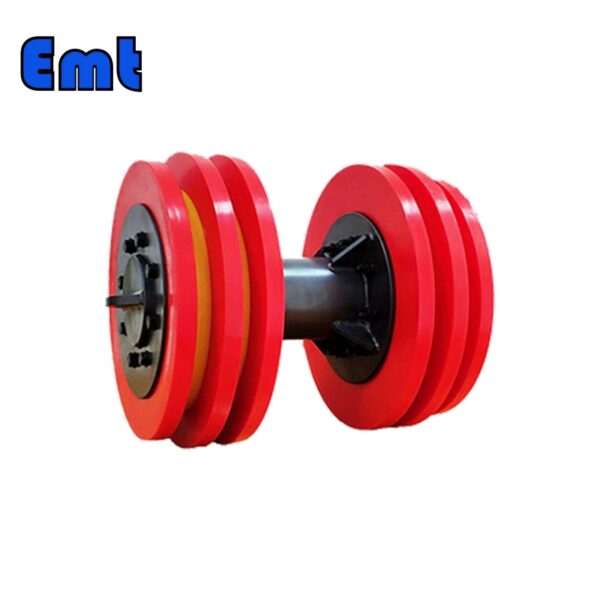
There are no reviews yet.